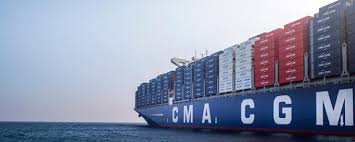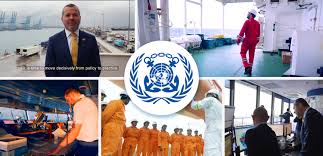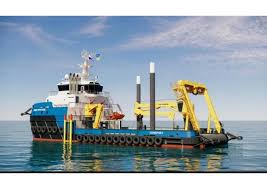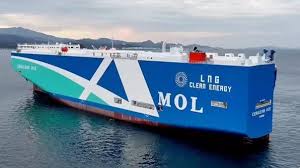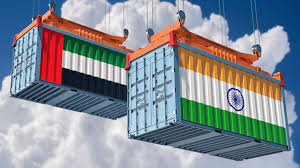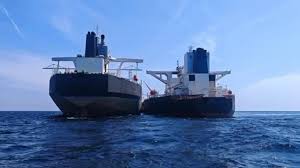
The process used to manufacture and deliver prescription medications to patients is known as the pharmaceutical supply chain. However, the network’s supply chain is actually highly intricate, necessitating a lot of actions to guarantee that patients have access to and may obtain pharmaceuticals. The pharmaceutical supply chain also involves a wide number of stakeholders, such as manufacturers, wholesale distributors, and pharmacy benefit managers (PBM). The stakes are very high for pharmaceutical corporations in such a complicated process.
Following independence, the pharmaceutical industry made significant strides in improving public healthcare in India and around the world. Despite the imposition of lockdowns and other restrictions during the COVID-19 pandemic, the Logistics & Supply chain industry was quick to mobilise pharmaceutical resources to combat disruptions. Every pharmaceutical shipment, regardless of size or content, is critical and valuable. If something goes wrong during the shipping or logistics process, the manufacturer must arrange for an alternative solution because nothing is more valuable than people’s health and lives. As a result, pharmaceutical supply chain management must be efficient in order to avoid bottlenecks and errors.
Every pharmaceutical shipment, regardless of size or content, is critical and valuable
One major challenge is ensuring that medical supplies are picked up and delivered on time. Natural disasters such as floods, tsunamis, droughts, volcanic eruptions, pandemics, and so on necessitate logistics to supply emergency and survival kits in affected areas. Such disrupted routes necessitate the advice of a logistics expert who can provide timely supply solutions.
During the COVID-19 pandemic, increased ocean and air freight caused a significant rise in the overall cost of supplies. The pharmaceutical industry was forced to bear the brunt of this unprecedented situation. However, this could not impede pharmaceutical and medical supplies but increased medical costs. Congestion at major base ports kept vessels waiting for berthing, causing deliveries to be delayed. This resulted in a shortage of containers needed for stuffing medicines and medical peripherals. These unanticipated delays wreaked havoc on pharmaceutical supplies.
The pharmaceutical industry’s supply chain efficiency still has room for improvement and may need some transformative changes to thrive in the new normal scenario. The old method of supply chain point-to-point connection has now been replaced by an electronic digital business network of a multi-enterprise supply chain via cloud-based technology. Supply chain partners connect in synchronisation with pharma people to detect and respond to changes in supply and demand. This provides clear visibility and an opportunity for implementing state-of-the-art applications.
At Asia Shipping, we continue to use smart routes to guarantee the best possible delivery. We have dedicated and skilled staff duly trained by professionals to deal with pharmaceutical companies for their hospital equipment, healthcare products, bioequivalence, reagents, biological products, phytotherapeutics, and medications. We also offer services for the packaging of finished drugs and raw materials. For any kind of assistance, please contact [email protected].






